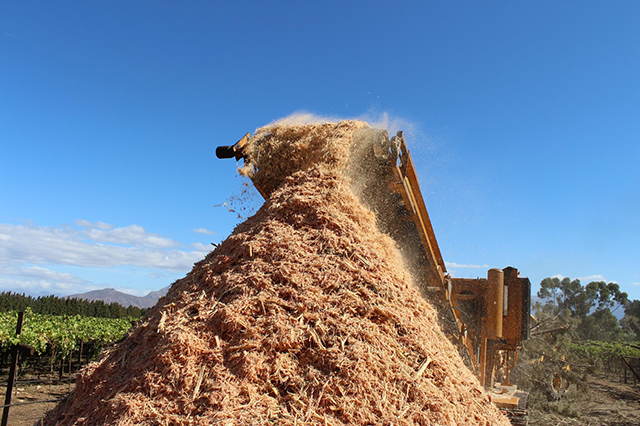Faced with chronic drought conditions, nearly 100 Namibian farmers recently received training on innovative solutions like hydroponics for fodder production and using encroacher bush as animal feed.
The Namibia National Farmers Union (NNFU) collaborated with the University of Namibia (Unam), the Ministry of Agriculture, Water and Land Reform, Farmyard Training, and Agri-tech Namibia on the workshop.
Tulimo Uushona from Unam emphasised the importance of drought-resistant plants in producing supplementary animal feed during her presentation.
“Farmers should use concentrated feeds, silage, hay, crop by-products and bush feed,” she advised, stressing the proper placement of feed to avoid waste.
“Supplementary animal feeds should not be given to animals in troughs and not on the ground,” she said.
Uushona highlighted the importance of monitoring animal body conditions to assess the effectiveness of the feed.
A balanced supplement containing protein, carbohydrates, phosphorus and sulphur is crucial for efficient rumen function, she said.
Batemua Kamunguma of Agri-tech Namibia explained how supplementary animal feed can be produced from encroacher bush species like Black Thorn and Sickle Bush.
“By removing these bushes for animal feed production, it also creates space for the grass to grow there,” Kamunguma said.
This method not only combats drought-related animal deaths, but also helps restore rangelands.
Fabian Boys, a senior agricultural technician at the agriculture ministry introduced hydroponic fodder production as a climate-smart agricultural technique available to small-scale farmers for the past five years.
“This is an alternative source of animal feed which can be used as a complementary one to maintain livestock,” he said.
He emphasised the ease and affordability of the method, requiring only seeds and water.
Barley seeds were identified as the primary choice due to their high protein, energy and nutrient content.
John Mupangwa from Unam challenged participants to view Namibia’s trees as a potential animal feed source.
“We need to start appreciating them,” he said.
Mupangwa explained that debushing for animal feed production could increase grass cover and improve rangeland productivity.
He said bush harvesting should occur during the early to late rainy season for optimal nutrient levels.
Kuniberth Shamathe, the chief executive of the NNFU, highlighted the urgency of the workshop due to Namibia’s chronic drought situation.
“We have not come out from the drought impact of 2023, yet the worse is expected for 2024/25,” he said.
“We need to do our part, which is prepare and mitigate the impact at farmers’ level.”
The workshop was designed to equip farmers with the knowledge and skills necessary to respond to the impending drought.
Stay informed with The Namibian – your source for credible journalism. Get in-depth reporting and opinions for
only N$85 a month. Invest in journalism, invest in democracy –
Subscribe Now!







